|
Following our recent blogs on why children and teenagers feel almost compelled to be on the same social media platforms as their peers, this week we're exploring the links between likes and validation.
Children, like people of all ages, seek validation and likes on social media for a variety of psychological and social reasons. This need for validation and positive feedback can be particularly strong during adolescence, a period of identity formation and social development. Here are some key reasons why children may seek this kind of attention from both their peers and total strangers on social media: Social Acceptance: Adolescents are in the process of forming their identity and often seek affirmation from their peers. Receiving likes and positive comments on social media can make them feel accepted and validated by their online community. Self-Esteem: Positive feedback on social media can boost a child's self-esteem and self-worth. Each like, comment, or share can provide a sense of accomplishment and approval, reinforcing their self-image. Peer Comparison: Adolescents frequently compare themselves to their peers. The number of likes and followers they have can become a measure of social status and popularity, which can lead them to seek more validation through these metrics. Attention and Recognition: Social media allows children to showcase their talents, achievements, and interests to a potentially vast audience. Receiving likes and positive comments can give them a sense of recognition and attention they may not receive in other aspects of their lives. Emotional Connection: Social media can provide a sense of connection and belonging. Likes and positive comments can be seen as expressions of friendship and support, which can be emotionally fulfilling. Reinforcement of Behaviour: When children post content and receive positive feedback, it reinforces the behaviour of posting and sharing more content. This cycle of posting and receiving likes can become habit-forming and increase the desire for validation. Peer Pressure: Many children may feel pressured to conform to social norms and seek validation in ways that are consistent with their peer group. This can include posting certain types of content or aiming for a specific level of engagement. Dopamine Release: The act of receiving likes, comments, or shares on social media triggers the release of dopamine in the brain, which is associated with pleasure and reward. This can create a sense of instant gratification, reinforcing the desire for more likes. Validation of Identity: Children use social media to express and experiment with different aspects of their identity. Likes and positive comments can validate these self-expressions, making them feel more secure and comfortable in their identities. It's important for parents and guardians to be aware of the desire for validation on social media and to guide children in using social media responsibly. Encouraging a healthy balance between online and offline activities, discussing the potential impact of social media on self-esteem, and promoting self-worth based on internal factors rather than external validation can help children develop a more positive relationship with social media and a healthier sense of self-esteem. Are you seeing the same in your children? Are these posts useful to you? As always, I'm keen to hear what you think and to answer any questions you might have. Please leave your comments below. Yours Socially M
0 Comments
I received some interesting feedback after last week's post, with some refusing to accept that there was an obsession amongst our young people to remain connected online and others letting me know that they understood exactly where I was coming from as they had seen similar behaviour from their own children or friend's children.
Regardless of which camp you find yourself in, people from both sides started to ask me what was causing the behaviour and more importantly, what could they do to improve or change it. So, I thought this week it might be a good idea to expand on some of the ideas from the last post, starting with Peer Pressure and the Fear of Missing Out (FOMO) which are both significant factors that can influence children's behaviour on social media platforms. Let's start with peer pressure and ask ourselves what we understand by the term. Social media platforms are often used by children to connect with friends and peers, and just like the real world it's very easy for their behaviour to be influenced by what their friends say or do online. How many times have you heard from children "everyone else is doing it"? Because that's exactly what we're talking about, young people feeling that it's okay to behave a certain way because they've seen others do it or have been actively encouraged by their peers online. There can be many reasons for this 'cyber peer pressure', but from the work I've been doing recently I have identified what I would consider the main three, as follows. Desire for Acceptance: Children often want to fit in and be accepted by their peers. On social media, this can manifest as a desire to emulate the behaviours and interests of their friends or online influencers they admire. We often see our young people acting out trends from TikTok, copying popular styles of posts from Instagram or emulating their vlogging heroes on YouTube. Often this is simply harmless fun, but sadly we have seen a darker side to this behaviour, especially when it's done at the expense of others, to embarrass, shame or prank. Essentially, it is all designed to ensure that figurative pat on the back and to gain that perceived 'one of us' accolade. Conforming to Trends: Children may feel pressured to follow trends and popular opinions on social media, even if they don't necessarily align with their own values or beliefs. They may do this to avoid feeling left out or to gain social approval. For many it's an easy way to be seen as part of the in-crowd, even if the messages they are sharing or publicly agreeing with go against their cultural backgrounds or even in extreme cases, their religion. For many it's far more important to be popular than it is to be themselves online. Competitive Nature: Peer pressure on social media can also lead to a sense of competition among children. They may compete for likes, followers, and engagement with the hope of outperforming their friends or rivals on the platform. This is immediately apparent in the world of online gaming, which has been responsible for many a teenager screaming down a microphone at online opponents. I've even heard of examples of people buying fake followers for their rivals social accounts in the hope that the platform bans them for 'gaming' the system. Not very sporting, but proof of a win at any cost attitude. FOMO or the Fear of Missing Out can be a little more complicated from a psychological standpoint, but essentially we're talking about being so worried about missing out on what others are doing or saying online that it can drive us to constantly check and engage with social media to stay in the loop. Often leading young people to check their phones in inappropriate places or at inappropriate times. Like during school lessons, for example, which is making headline news in the UK today with the Secretary of State for Education Gillian Keegan calling for a complete ban on mobile devices in schools. Again, there are many reasons why FOMO can take hold of someone and influence their behaviour, but again, I have found there to be three main reasons which we can explore further. Constant Connectivity: FOMO is driven by the fear that something interesting or important is happening online, and if you're not constantly connected, you'll miss out. Children may worry that they'll miss out on fun activities, news, or conversations if they don't check their social media feeds regularly. For the same reason they may send messages to each other and expect instant replies, becoming anxious or aggressive when this doesn't happen in what they perceive to be an acceptable timeframe. Exclusivity: Social media often portrays events and experiences in a way that makes them seem exclusive and exciting. Children may fear missing out on exclusive parties, gatherings, or opportunities that they see their peers posting about. The immediateness of knowing what others are doing almost instantaneously can appear like a form of addiction. Something which some platforms have tapped into, for example SnapChat's 'snapmaps' where your connections' locations are shown and their movements regularly updated. Comparison with Others: FOMO can be exacerbated by comparing one's own life to the carefully curated and often idealised lives of others on social media. This can lead to feelings of inadequacy and anxiety, which can cause more obsessive behaviour both online and off. Fashion and make-up tutorials all seem fairly harmless and well-intentioned, but we have to be aware of the potential links between body-dysmorphia, self-esteem issues and the pursuit of perfection in online posts. So if we know what's affecting the behaviour of our social media minded youth, what can we do about it? Here's a few tips to help if you know someone struggling or are seeing some worrying behaviour. Open Communication: Encourage open and non-judgmental communication with your child about their experiences on social media. Let them know they can talk to you if they encounter peer pressure or feelings of missing out. Digital Literacy: Teach your child critical thinking skills, including how to evaluate the authenticity and relevance of the content they encounter online. Help them understand that not everything they see on social media accurately represents reality. Set Boundaries: Establish clear rules and boundaries for social media use, including screen time limits and age-appropriate content guidelines. These boundaries can help reduce the pressure to constantly check social media. Encourage Offline Activities: Promote offline activities, hobbies, and social interactions to help your child develop a well-rounded life outside of social media. Encourage them to explore their interests and passions offline. Positive Role Models: Share stories of individuals who have achieved success and happiness without relying on social media for validation. Encourage your child to look up to positive role models who prioritise balance and well-being. Promote Self-Esteem: Help your child build self-esteem and self-worth offline, so they are less reliant on social media for validation. Encourage them to develop a strong sense of self and self-confidence. Model Healthy Behaviour: Be a positive role model by demonstrating responsible and balanced social media usage. Your own behaviour can influence your child's attitudes and habits regarding social media. By addressing peer pressure and FOMO on social media and providing guidance and support, can parents help their children navigate the digital world more effectively and develop healthier online habits? I'd be interested to hear your thoughts and experiences, join the conversation in the comments. Yours Socially M I moved house at the beginning of the school holidays and whilst our new home is nestled in the most idyllic of rural locations, it has caused some frustrations for my children. Despite moving to a larger house, where they now all have their own and much larger rooms, there has been one thing on their minds since we started unpacking. "When will we have WiFi?" Sadly, it has taken over 10 weeks to get the necessary fibre cables installed to where we are and to get them hooked up to the house by our internet provider and in that time I have seen first hand the anxiety that our children go through as a result of essentially feeling the need to live their lives online.
It got me thinking, so I put my own kids to work helping me to understand how and why these things can be so important to them and their friends. Children, like people of all ages, can become obsessed with social media for a variety of reasons. It's important to note that not all children are obsessed with social media, and the extent of their engagement can vary greatly from one individual to another. However, we were able to establish very early on some common factors that can contribute to a child's obsession with social media:
It's clear that to address concerns about children's obsession with social media, it's essential for parents and caregivers to educate them about responsible online behaviour, set appropriate limits and boundaries, encourage a healthy balance between online and offline activities, and foster open communication about their online experiences and challenges. Additionally, promoting activities that build self-esteem and self-worth offline can help reduce the need for validation through social media. It's going to prove to be a hard habit to break, so what else should we be doing? I'd love to hear your thoughts, let me know in the comments. Yours Socially M This photo was taken 8 years ago when I was working with Playboy Club London. Like many businesses and brands at that time, we took part in the ALS Ice-Bucket Challenge to help raise global awareness of the condition. Obviously, the trend was huge at the time and we knew we were going to get a lot of attention from soaking several of our Bunnies in ice-cold water.
All band-wagon jumping aside (which let's face it has been a staple of social media marketing for a long time now) the campaign enabled The ALS Association to increase its annual funding for research around the world by 187 per cent. During this time, ALS researchers made scientific advances, care for people living with ALS expanded and investment in disease research from the federal government grew. So all in all, a great success. It got me thinking this morning though. Have we seen anything like it since? I mean something of this magnitude that became a viral worldwide trend and that enjoyed a similarly successful outcome? I can't think of one, but happy to be proved wrong if you can. On this day last year, I awoke having spent the night alone in Basingstoke and North Hampshire Hospital’s Cardiac Care Unit having suffered what they could only describe as a ‘significant cardiac event’. I was alone as Covid-19 protocols prevented any visitors and my wife was needed at home with our five children, all of whom must have been as scared as I was. All things considered, I was very lucky, have a lot to thank the NHS for and have been fortunate to have made a pretty much full recovery.
But that fear has remained. The fear of it happening again, of leaving my wife without a husband and my children without a Father. I think back to only a few years before when I lost my adoptive Father and remember feeling similar fear then. It hit me hard. I gave up everything that ever had any meaning. I stopped playing rugby, I practically ended my own business within days. I just gave up and gave in to the fear and let it take me. I almost did the same thing a year ago. I almost let the fear win and came very close to giving up again. I came very close to quitting my work at school and whilst I’ve never mentioned it to any of my colleagues, I almost didn’t turn up at school for the first day in September. At the same time, I declined the social media speaking gigs that I’d been approached for in the new year and I didn’t make any effort to find any new gigs. I’ve spent the last 12 months living in fear and I’ve spent a lot of my time considering how it affects me and others. It must sound like a pretty morbid fascination to anyone else, but it’s made me consider a lot of things. It’s also made it increasingly apparent that we all live with and often act out of fear. How many times do we stop ourselves from doing something new or exciting because we’re afraid of what might happen? Because that’s the thing I’ve come to realise. Whether we admit it or not, whether we like it or not, we human beings are practically designed to consider the frightening possibilities of our actions, decisions or what might happen. We’re evolutionarily programmed to look for the bad things and actively encouraged by the news, media and marketing to give in to it. It can be as simple as the fear of missing out (FOMO) or as terrifying or neurotic as leaving our homes for fear of what might happen. Our whole lives have been built around the fear response, already present in our instincts, fed by our parents as we’re told what might happen if we touch a hot plate for example. School, college and University all add further fear in relation to failure or meeting expectations, or not being able to take the next step. That next step is often the world of work, where more fear is piled upon us. What happens if we get fired or made redundant? How will we pay our mortgages? How will we support our families? We make major life decisions based on fear almost every single day. Today the news, television and social media are full of fear. Rising prices, inflation, cost of living increases, the war in the Ukraine, energy costs, food shortages, water shortages and reports on every kind of crime you can think of. All valid concerns, don’t get me wrong, but all designed and pitched to us to provoke a fear response. To make us act out of fear. A few years ago, before my father died, before my cardiac event, I was fortunate enough to work with a fantastic group of people who essentially taught me to ‘feel the fear, but do it anyway’. They might realise from this post who they are, and I massively regret failing to put that into practice since learning it. But now I am vowing to put that into practice every single day and I’m every single area of my life. I let fear get the better of me and I’ve carried it around lick a rock weighing me down for long enough. I’ve allowed it to get heavier and to trip me up too many times. I’ve worked long and hard at this and now it’s time to start making moves and making things happen. I don’t expect it be easy, but it is going to happen. So if you feel in future that I’ve changed, I really hope I have. Likewise, I know there must be plenty of people feeling similar fears every single day and if you’re one of them, then I want you to reach out, because I want to help you. I mean that, please feel free to chat, message, email or drop me a line through my website. This is step one. Step two is going to require a little more work, but inspired by my friends Maiko Sakai and Baiju Solanki, I’m intending to propose an alternative to the fear-driven marketing that has become so prevalent in our society. I’m working on a more respect-driven model and they have both encouraged to flesh the idea out into the chapters of a book. Something else that I’d always let fear stop me from doing. I’m hoping to share more about this idea of respect-driven marketing as I go along, so please keep an eye out for any posts as I’d value any feedback or discussion as I take this forward. From now on, I am ’feeling the fear, and doing it anyway’. I hope you’ll join me. Yours Socially M
|
Archives
October 2023
|

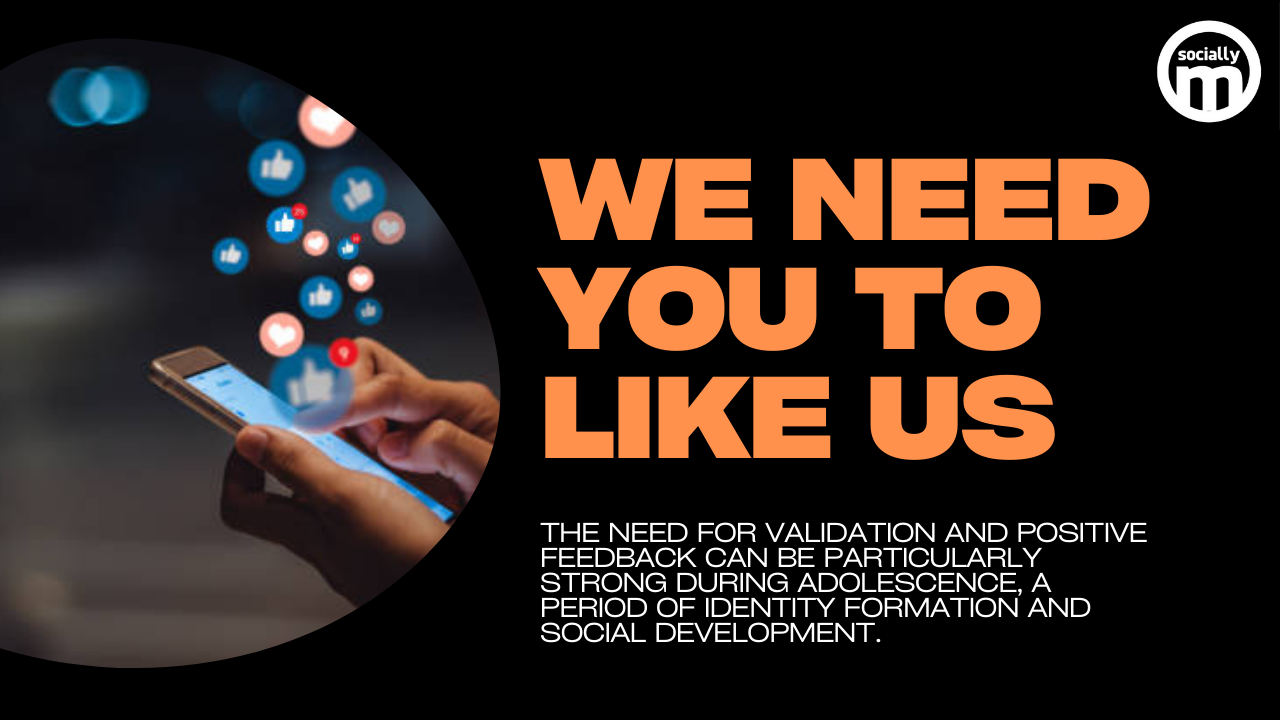
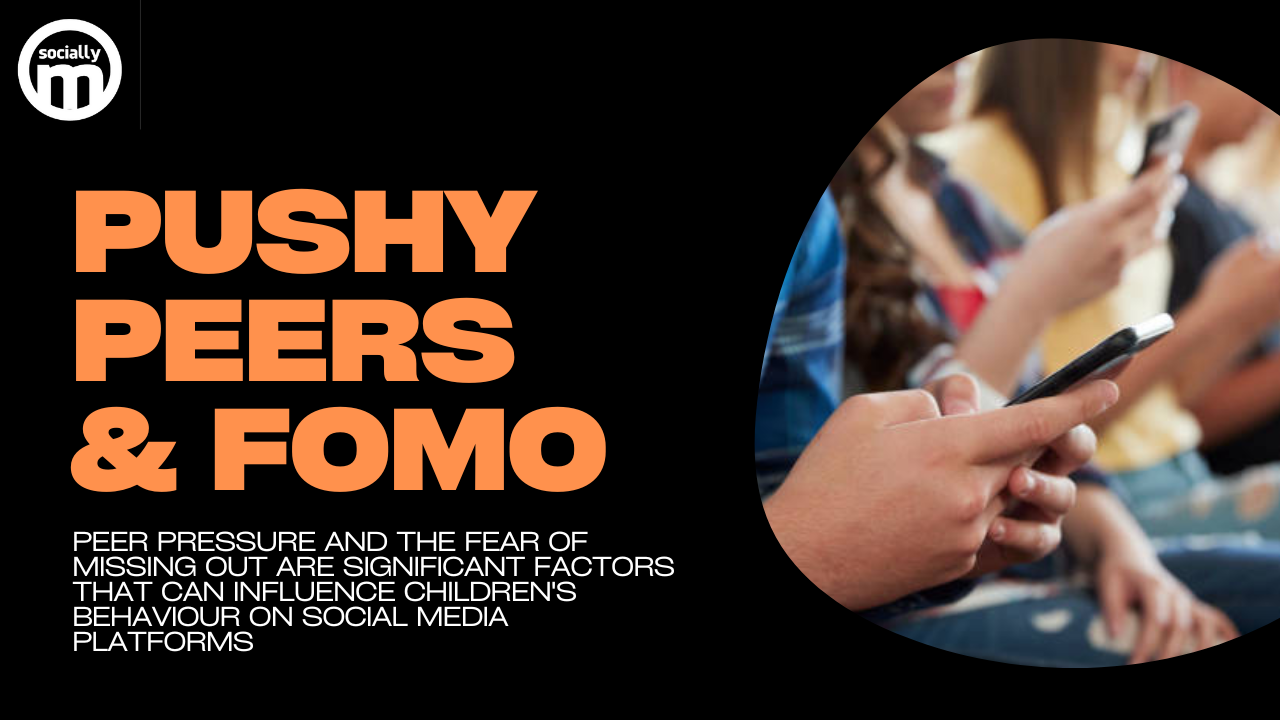
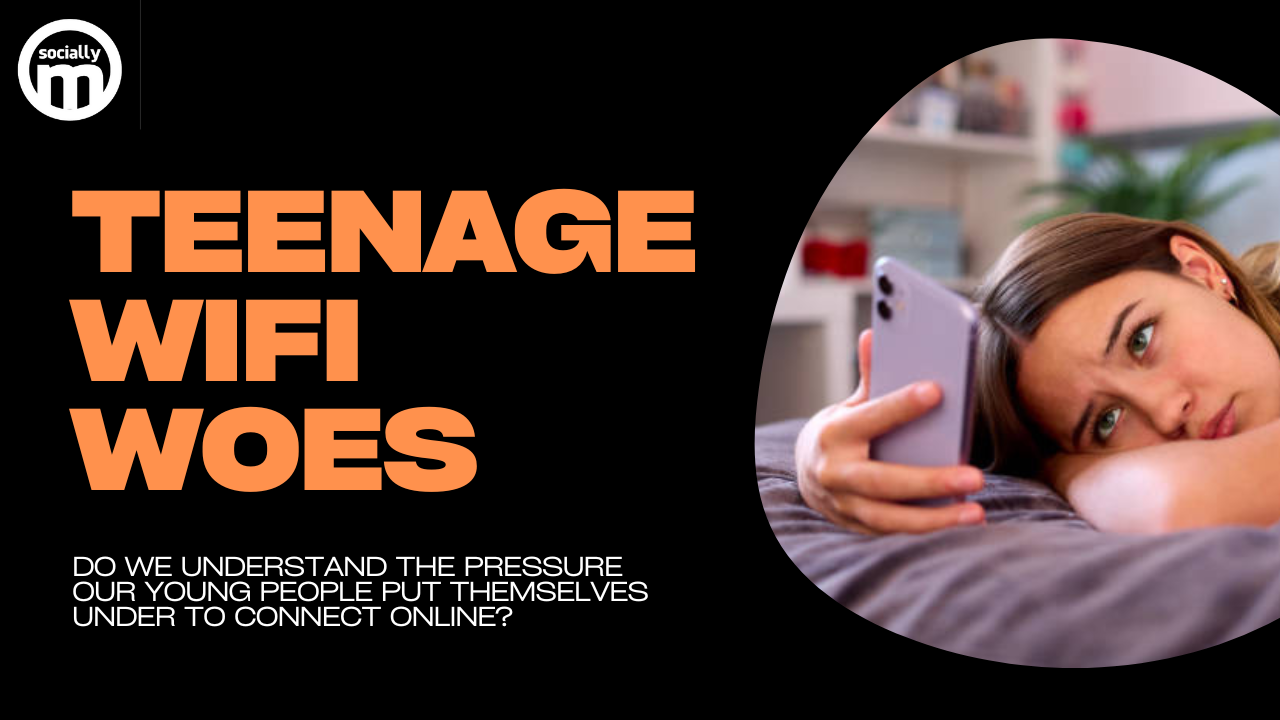

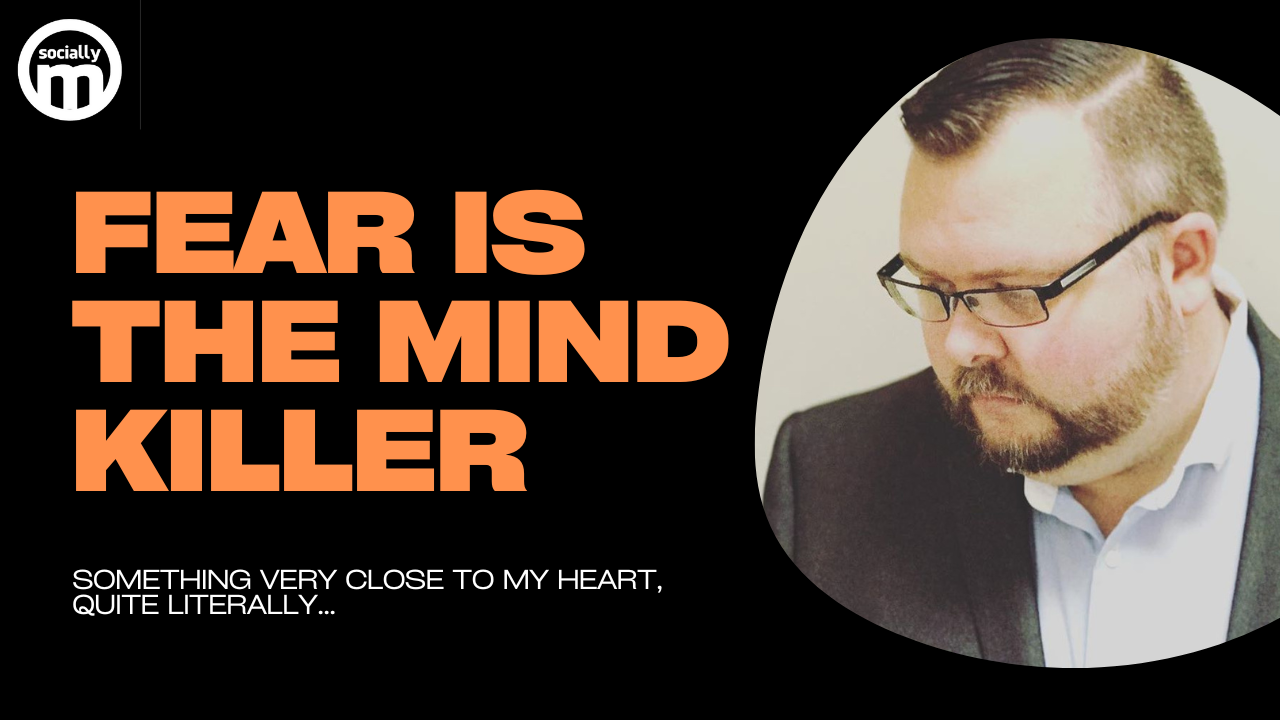
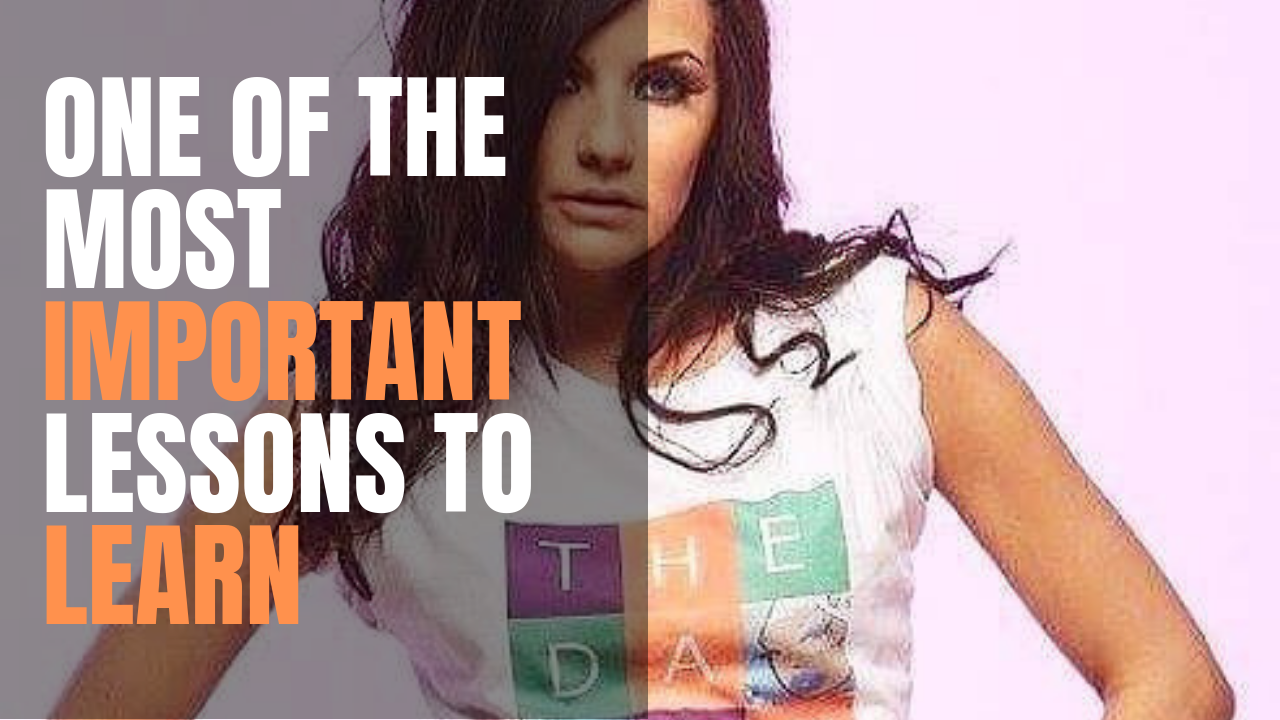
 RSS Feed
RSS Feed
